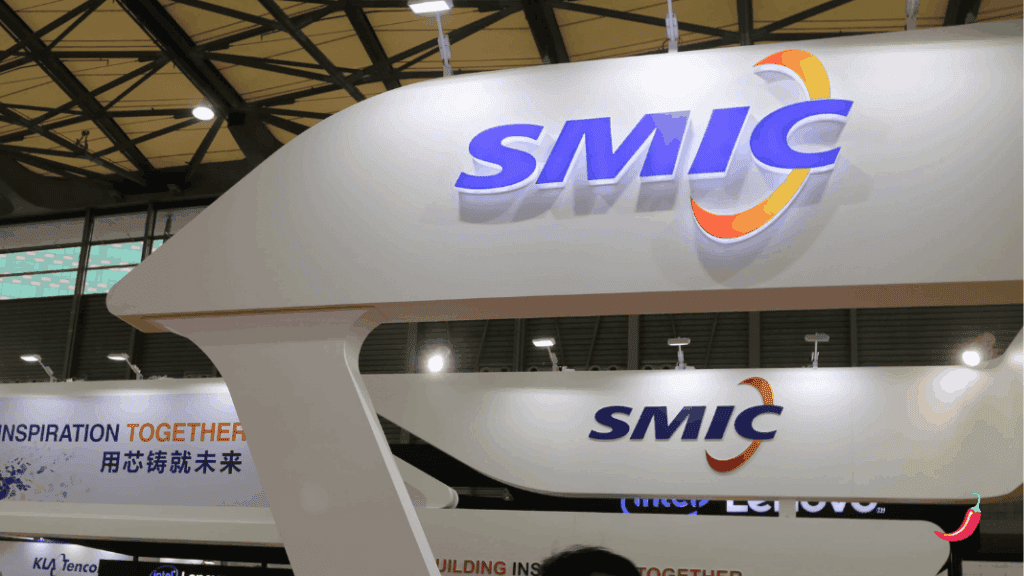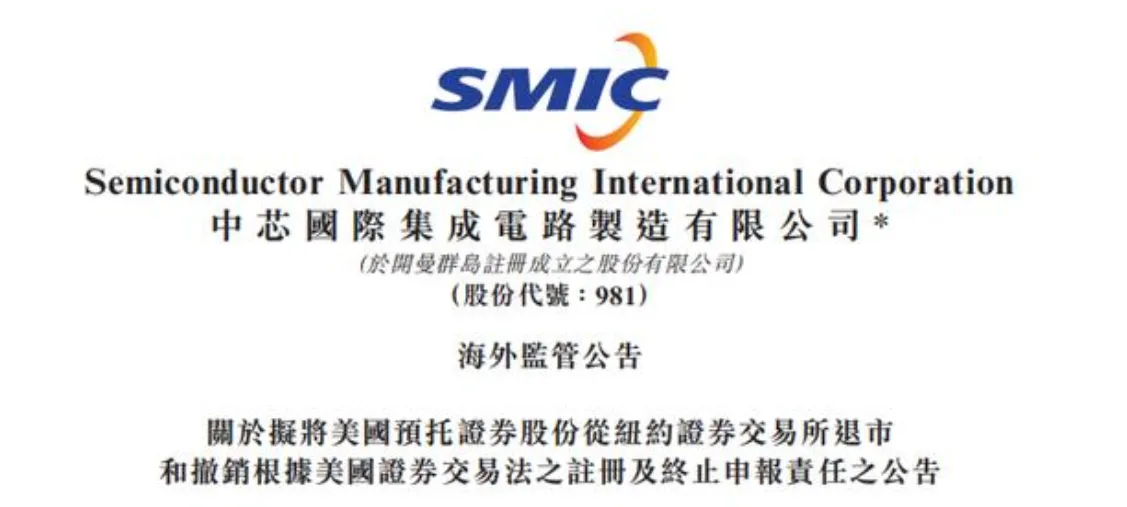According to Chinese chip maker, SMIC, it is currently operating normally and smoothly. Furthermore, the company claims that it is actively communicating with relevant US government departments. SMIC is the largest chip foundry in China. To the Chinese, SMIC is what TSMC is to the world. However, the foundry uses some American technologies in its manufacturing process.

SMIC said that the company's customer demand is strong and the orders are full. This means that the foundry is running at full capacity. This year, the company had to review its annual growth rate from 24% to 26%. The annual gross profit target is higher than last year. At present, there is no obvious phenomenon of customer transfer orders. The company maintains a partnership model of active communication and close cooperation with customers.
SMIC's financial records look good
At a performance briefing two weeks ago, Dr. Yonggang Gao, Chief Financial Officer of SMIC, said that SMIC’s sales revenue reached a record high in the third quarter of 2020, reaching $1.083 billion. This is an increase of 15.3% month-on-month and a year-on-year increase of 32.6%. Strong customer demand, full orders, and quarter-on-quarter growth in average wafer prices were the main factors for revenue growth in the third quarter. In addition, other business income was also one of the main driving forces for business growth in the third quarter. Its gross profit hit a record high, $262 million.
The gross profit margin of 24.2% is higher than the original guidance. This is mainly due to the improvement of product mix, the increase in wafer ASP, and the growth of other business income. The quarter-on-quarter decline in gross profit margin is mainly due to the increase in depreciation costs.
Co-CEO Dr. Liang Mengsong said that SMIC’s 14-nanometer process platform is technically complete. Its chips are already on multiple platforms such as communications, computers, the Internet, and smart vehicles, etc. SMIC's 14nm process commenced mass-production in the fourth quarter of last year, and the yield has reached the industry's mass production level. The second-generation advanced process technology n+1 is steadily advancing. The n+1 process is undergoing customer product verification as well as small-volume trial production.
Relative to the first-generation advanced technology, the second-generation technology platform is oriented towards low-cost customization. It improves performance by 20% and reduces power consumption by 57%. Furthermore, it also reduces the logic area by 63% and the integrated system area is 55% smaller. In general, SMIC is cooperating with domestic (Chinese) and foreign customers on more than 10 advanced process tapeout projects. This includes the 14nm and more advanced process technologies.






Place comments
0 Comments
You are currently seeing only the comments you are notified about, if you want to see all comments from this post, click the button below.
Show all comments